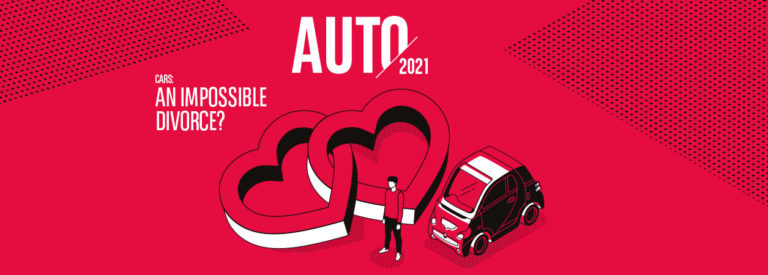Complementarity is the watchword


A desire for cars to cohabit with sustainable transport solutions
As we have seen, the status afforded to cars is being called into question, especially in cities. However, it appears that what people would like is not to remove them from the landscape, but rather to establish an open relationship that leaves room for other, more forward-looking forms of transport, preferably carbon-free. Indeed, 82% of the individuals surveyed believe that we can live with fewer cars and more sustainable transport solutions (Fig. 31). This desire for urban cohabitation, in every sense of the word, is shared in all countries.
Once again, this is a topic that brings to light the usual geographic divides. On one side are the strongest proponents of such ideas: the emerging and Mediterranean countries, as well as China. On the other are France, Germany and Belgium, the three countries in which Green parties hold the most power, but where people are less vehement in expressing such convictions, given that this form of cohabitation seems self-evident and has already been partly implemented. Sales of traditional and electric bicycles (e-bikes), which were already booming before the health crisis, in addition to the development of cycle lanes in these countries and others, are proof of this.
Fig. 32 / Context:
Download this infographic for your presentations
Fig. 33 / Context:
Download this infographic for your presentations
Urban traffic restrictions are essential, but also too common
On the question of traffic restrictions, there is a similar degree of ambivalence: car use must be controlled, but not to excess.
Fig. 34 / Context:
Download this infographic for your presentations
While 3 in 4 people believe that road space rationing, congestion charges and bans on certain vehicles are essential and useful, more than half also believe that they are too widespread and sufficiently restrictive (Fig. 35). There seems to be a belief that the tipping point between “carrot and stick” is about to be reached and there is no need to go any further. However, this has not prevented some countries from planning a stricter future in which diesel and petrol vehicles will be persona non grata in cities.
Fig. 36 / Context:
Download this infographic for your presentations


